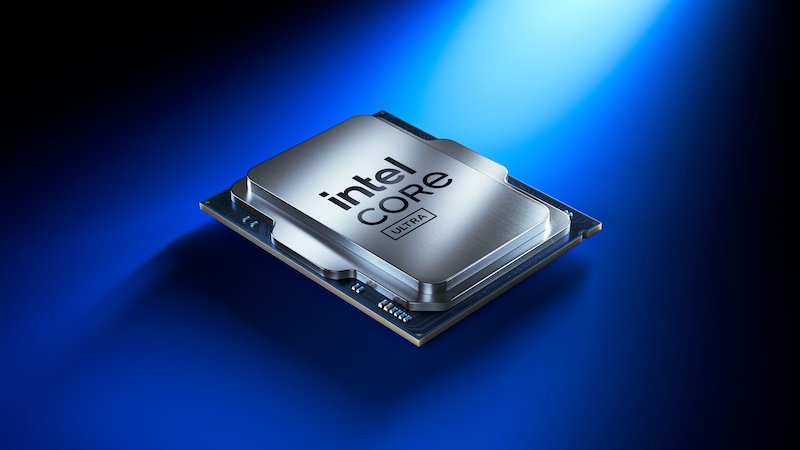The United States government has agreed to take a 9.9 percent stake in Intel through an $8.9 billion investment, marking one of the most significant interventions in the history of the American semiconductor industry.
The deal converts undisbursed grants under the CHIPS and Science Act and related programs into equity, giving the government nearly 10 percent ownership of Intel without direct control over its board.
The agreement also includes a five-year warrant allowing Washington to buy a further 5 percent of Intel shares at a fixed price if the company reduces its majority ownership of its foundry unit.
Intel, once the world’s largest chipmaker, has seen its dominance erode in recent decades. The company struggled to adapt to the mobile revolution, allowing rivals such as Taiwan Semiconductor Manufacturing Company and Samsung to take the lead in cutting-edge production.
More recently, Intel’s foundry division has been loss-making, underscoring the scale of the challenge in regaining competitiveness.
The CHIPS Act, passed in 2022, was designed to bolster domestic semiconductor manufacturing and reduce America’s reliance on foreign suppliers, particularly in light of geopolitical competition with China.
Building and equipping a leading-edge semiconductor fabrication plant typically costs $10–20 billion, making external support all but essential. Intel has pledged to invest more than $100 billion in new and expanded facilities in Arizona, Ohio, New Mexico and Oregon.
Supporters of the deal argue that the equity stake secures America’s long-term technological independence and ensures Intel’s foundry business remains under US control.
Critics, however, question whether it amounts to protectionism and an unfair subsidy that could provoke complaints from other countries, especially in Europe, which is pursuing its own semiconductor incentives.
For Intel, the government’s backing provides vital capital and reassurance to prospective customers that it will remain a central player in the global chip supply chain. For Washington, the move represents a bold experiment in using public ownership to strengthen national security and industrial resilience.

